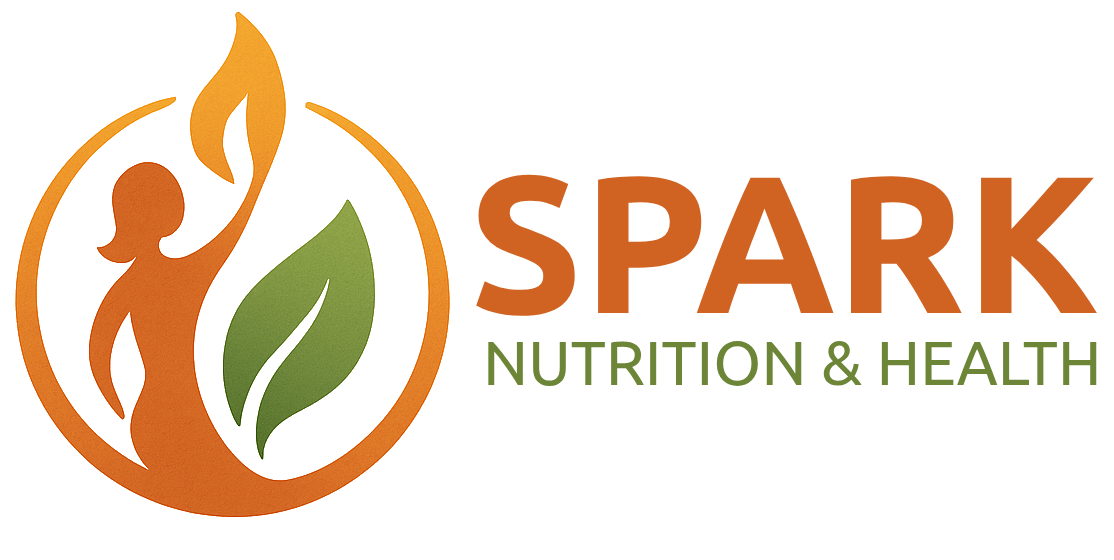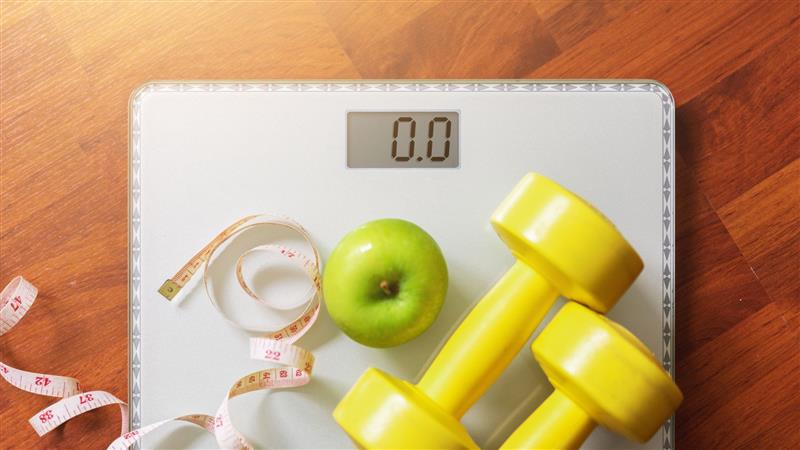Weight loss during perimenopause is more than just eating less and exercising more; it’s about understanding how your body changes and how to support it during the shift. Many women find it difficult to manage their weight due to fluctuating hormones, reduced metabolism, and increased stress.
But with the correct nutrition and lifestyle strategies and expert guidance, it is entirely possible. At Spark Nutrition & Health, our Virtual Nutrition Counselling Services can help make all the difference for women looking for effective Perimenopause Weight Loss Tips.
Why Perimenopause Affects Weight
Perimenopause is the period preceding menopause in which hormone levels begin to fluctuate. These changes can:
- Slow down metabolism
- Increase cravings and emotional eating
- Affect sleep and energy levels
All of these factors can impact your ability to lose or maintain weight. But instead of fighting against your body, it’s time to work with it, using food, movement, and mindset as tools for better health.
What Is Virtual Nutrition Counseling?
Virtual Nutrition Counseling allows you to receive expert guidance and support from anywhere. At Spark Nutrition & Health, our Perimenopause Weight Loss sessions are customized to fit your individual needs and goals. During your consultations, we:
- Assess your current habits and lifestyle
- Identify the factors influencing weight gain and fatigue
- Build a realistic nutrition plan that supports metabolism, energy, and hormone balance
- Provide ongoing motivation and adjustments to help you stay on track
It’s a flexible, private, and supportive way to get the help you need, without the hassle of in-person visits.
Simple Perimenopause Weight Loss Tips
- Focus on Protein and Fiber
Protein helps preserve muscle mass, while fiber supports digestion and fullness. Include lean proteins, beans, fruits, and vegetables in every meal. - Don’t Skip Meals
Eating regularly keeps blood sugar stable and prevents overeating later. Balanced meals also reduce cravings and mood swings. - Hydrate Often
Hormonal changes can increase bloating or fatigue. Drinking enough water keeps your body functioning smoothly. - Move with Intention
Strength training and moderate activity help maintain lean muscle and support metabolism. You don’t need to overdo it, consistency matters more than intensity. - Manage Stress and Sleep
Stress hormones can encourage fat storage, especially around the midsection. Aim for 7–8 hours of quality sleep and practice relaxation techniques like deep breathing or stretching.
Why Choose Spark Nutrition & Health
At Spark Nutrition & Health, we understand that each woman’s journey is unique. Our Virtual Nutrition Counselling for Weight Loss emphasizes progress over perfection. Here’s what makes our approach different:
- Personalized Care: We tailor every plan to your body, goals, and preferences.
- Expert Guidance: Our Registered Dietitian provides evidence-based strategies that fit your lifestyle.
- Holistic Support: Nutrition, mindset, and lifestyle changes are all part of your plan.
Our goal is to help you feel empowered, confident, and in control, without strict diets or unrealistic rules.
Begin Your Journey to Sustainable Wellness
Perimenopause doesn’t have to be a time of frustration. With the right support, you can manage your weight, feel energized, and regain balance.
Start your journey today with Spark Nutrition & Health. Book your Virtual Nutrition Counseling session and discover how a personalized, science-based plan can help you feel stronger, healthier, and more confident, through perimenopause and beyond.





